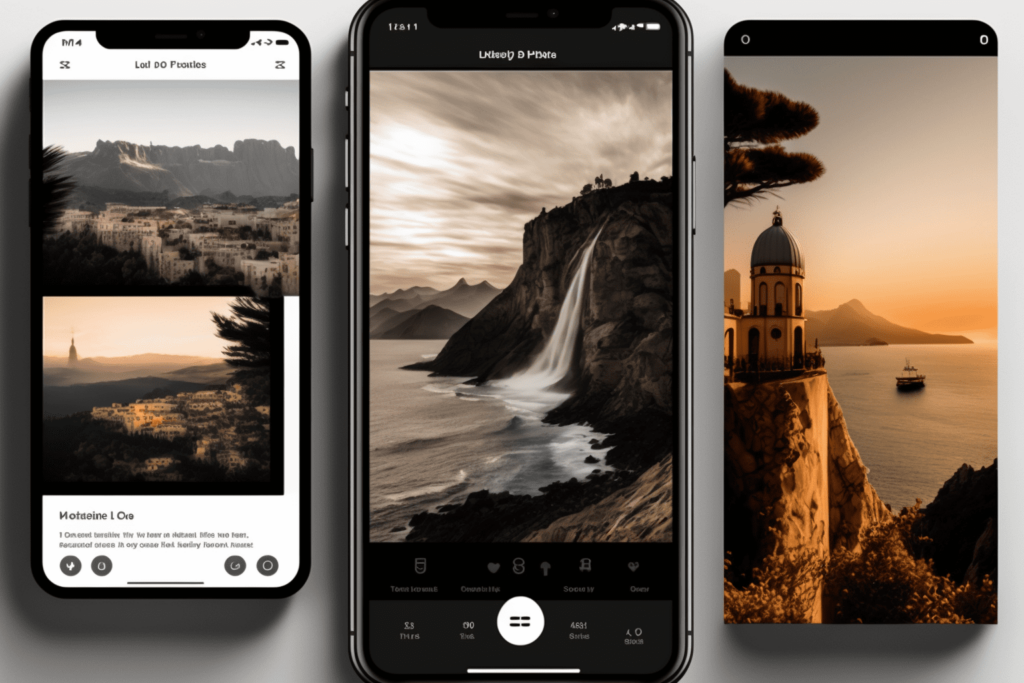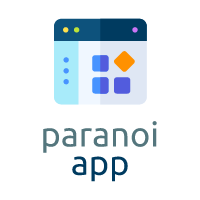The Mobile App Revolution: How Applications are Transforming Our Lives

In the digital era, the influence of mobile apps has woven itself into the fabric of contemporary society. Our daily lives are permeated with the use of these nifty tools, helping us navigate the world with a mere tap or swipe. This article aims to unravel the pervasive influence and the transformative impact of mobile applications in various spheres of human life, from the mundane to the grand, from the personal to the global.
Enhancing Everyday Life: Mobile Apps for Efficiency and Convenience
Mobile apps have become quintessential tools for streamlining tasks and increasing productivity. Their design often incorporates an understanding of human behavior and cognitive psychology to optimize task completion. For instance:
- Task management apps allow users to prioritize tasks, set reminders, and maintain a better workflow.
- Navigation apps provide real-time traffic updates, alternative routes, and estimated time of arrival.
- E-commerce apps enable online shopping at any time and from anywhere.
In addition, apps have revolutionized communication, entertainment, and lifestyle. Messaging apps have transformed the way we connect, while entertainment apps cater to diverse tastes from music to movies to games. Fitness apps, cooking apps, and home decor apps have reshaped our lifestyle, providing resources and inspiration at our fingertips.
Breaking Boundaries: Mobile Apps as Agents of Innovation
Mobile apps have served as disruptive forces in traditional industries. From transportation services like Uber to accommodation services like Airbnb, these app-based models have radically altered how businesses operate. Other industries, such as finance, healthcare, and retail, have also been reshaped by app-driven innovation.
Moreover, mobile apps are at the forefront of technological advancements and future trends. Augmented Reality (AR) and Virtual Reality (VR) apps have paved the way for immersive experiences, while Artificial Intelligence (AI) and Machine Learning (ML) apps are pushing the boundaries of personalized content and predictive analysis.
Empowering Individuals: Mobile Apps for Personal Development and Well-being
Mobile apps have become powerful tools for promoting self-improvement and mental health. From meditation apps like Headspace, providing guided relaxation, to mood tracking apps helping manage emotional well-being, these resources have made mental health care more accessible.
Additionally, mobile apps have transformed education, fitness, and personal growth. They offer interactive learning platforms, custom workout plans, language learning platforms, and more. They bridge gaps, democratize information, and enable individual progress.

Impacting Global Communities: Mobile Apps for Social Change
In the sphere of social activism, mobile apps have emerged as significant facilitators. They mobilize collective action, raise awareness, and connect like-minded individuals. Apps have played a pivotal role in movements like #BlackLivesMatter and climate change initiatives.
Furthermore, they have been instrumental in addressing societal challenges, ranging from disaster management and public health campaigns to crowd-sourced funding for worthy causes. They empower communities and foster global collaboration.
Ethical Considerations and Responsible App Usage
Despite the plethora of benefits, mobile apps also present ethical considerations. Users must balance convenience with privacy and data security. In a world where data is currency, understanding app permissions, data sharing policies, and encryption practices is essential.
Inclusivity and accessibility in mobile app development also warrant attention. Developers should strive to make apps usable for people of all abilities, ages, and languages, fostering a more equitable digital environment.
Conclusion
In conclusion, the mobile app revolution has had a profound impact, transforming everything from our day-to-day tasks to global societal movements. As we stride into the future, the transformative potential of mobile applications continues to be vast and exciting. Their role as catalysts of innovation, conduits of personal growth, and agents of social change underscores their integral place in our lives. It is up to us, as users, to navigate this digital landscape with awareness, responsibility, and an eye towards the endless possibilities it presents. Also, in addition to this article, we recommend that you read our article on how mobile applications are revolutionizing the online settlement account for individual entrepreneurs.
FAQ
Mobile apps have significantly enhanced the efficiency and convenience of everyday life. They help streamline tasks and boost productivity by allowing users to manage tasks, navigate seamlessly, and shop online at their convenience. Moreover, they’ve revolutionized communication, entertainment, and lifestyle, offering diverse platforms for connection and entertainment, as well as resources for various lifestyle needs.
Mobile apps are powerful tools for personal development and well-being. They provide platforms for self-improvement and mental health care, with resources like guided meditation and mood tracking. Furthermore, apps have transformed education, fitness, and personal growth by offering interactive learning platforms, custom workout plans, and language learning tools, democratizing access to these resources.
Despite their benefits, mobile apps present ethical considerations such as data privacy and security. Users must understand app permissions, data sharing policies, and encryption practices to protect their information. Additionally, there’s a need for inclusivity and accessibility in app development to ensure all individuals, regardless of their abilities, ages, or languages, can use these tools effectively.

